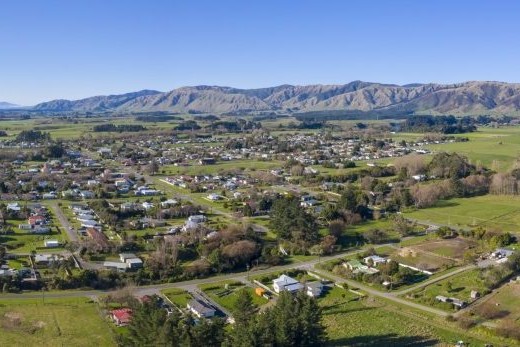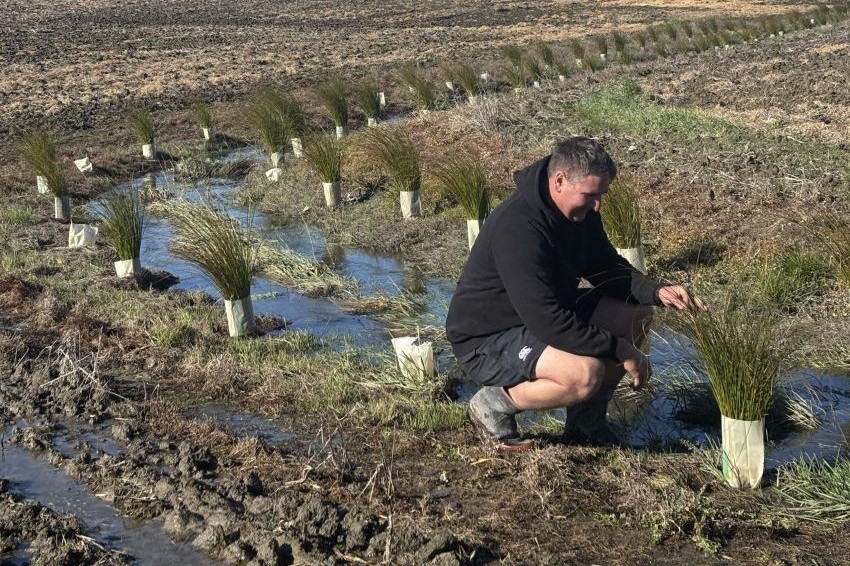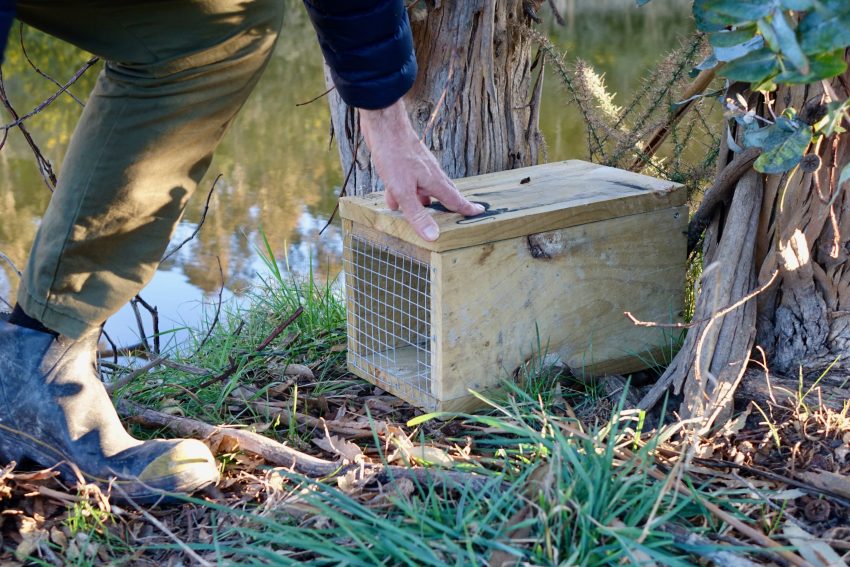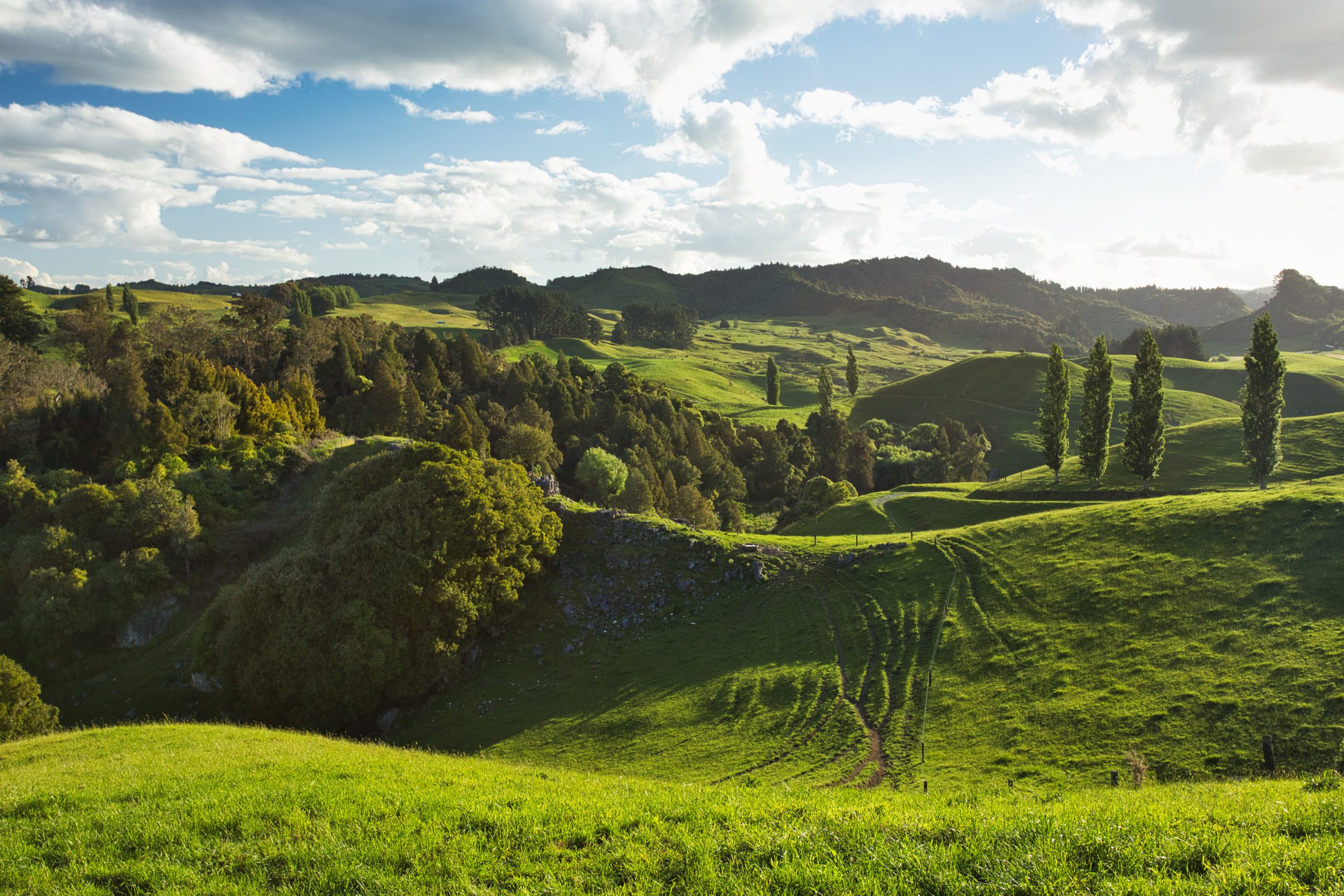Keri Johnston
There is a bit happening around the place at the moment from a freshwater planning perspective – then again, when is there not!?!
Canterbury notified Plan Change 7 to its Land and Water Regional Plan on 20 July 2019. This has three parts – the sub-regional plan for the Orari-Temuka-Opihi-Pareora (OTOP) zone (water quantity and water quality), the sub-regional plan for the Waimakariri zone (water quantity for part of the zone and water quality) and an omnibus plan change to the region wide part of the plan. Aligned with this is also Plan Change 2 to the Waimakariri River Regional Plan (which is the balance of the Waimakariri sub-regional plan for water quantity). Each plan change has its complexities, but in a nutshell, the main points for each are:
OTOP ZONE:
- Maintains Plan Change 5 thresholds for when a farming land use consent is required, but with some additions.
- Introduces two areas as High Nitrogen Concentrations Areas. These are required to lower nitrogen losses to better than Good Management Practice (GMP). Farming land use consent is required for all properties over 10 hectares.
- Introduces High Phosphorus Runoff Risk areas. If you do more than 20 hectares of winter grazing in these areas, you will require a farming land use consent.
- Increases minimum flows across the zone in nearly all cases, some considerably. Allocation limits are also being imposed, and in some catchments, such as the Temuka, a sinking lid on allocation over time is proposed.
WAIMAKARIRI ZONE:
- The big kicker for this zone is the expected nitrogen reductions. The plan sets out nitrogen reductions in some areas of the zone out to 2080, at which point, the losses must be 90% better than GMP for dairy farming, and with most zones have a reduction beyond GMP required of between 5% and 75%.
OMNIBUS PLAN CHANGE:
- Creates new rules for commercial vegetable growing operations in regard to nutrient management. This is a move away from Overseer for baseline purposes to areas being used.
Otago Regional Council has realised (finally) that it will be problematic to give effect to its Plan Change 6A. You may recall this plan set out Overseer limits for the region, as well as set limits for the quality of water leaving a farm. These rules in the plan were due to kick in on April 1, 2020. This has been pushed out to April 1, 2023, and in that time, it is expected the council will notify a plan change with a new set of rules (likely to be about this time next year, or earlier).
At a national level, the Waitangi Tribunal released its findings on water rights. The report states that current law breaches the Treaty of Waitangi because it has failed to actively protect freshwater bodies, many of which are now considered to be degraded. It also suggested that Maori were ‘blocked’ from helping to fix the issues. The report calls for the Crown to recognise Maori proprietary rights, allocate freshwater to hapu and iwi, and set up a national freshwater co-governance body.
This week (and therefore, by the time you are reading this), all indications are the government will have released its proposed Freshwater Reforms. We know already that this will contain changes to the Resource Management Act and the National Policy Statement for Freshwater Management. How far, or otherwise, the changes go is a watching brief. It will also be interesting to see if there are measures in the reforms for our urban counterparts. There will be a consultation period and roadshows, so keep your eyes posted for details on these.
This is all following hot on the heels of the Zero Carbon Bill, and it does feel like there is a lot coming at us at the moment (and there is!). But it is not all doom and gloom. Yes, there will be changes to be made, and additional costs to farming businesses. But there are also opportunities (whoever thought I’d be the eternal optimist!). Take the time, understand what all this regulation means to you, get advice and support and be prepared to think laterally – you might be pleasantly surprised.
Next issue: A look at the Government’s Freshwater Discussion Document.
- Keri Johnston is the director of Irricon, a rural-focused environmental consultancy




